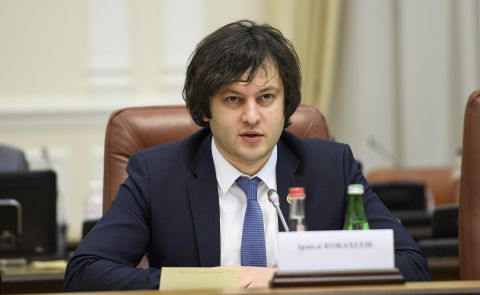
Germany's Labor Market Proposal Meets Resistance from Georgian Authorities
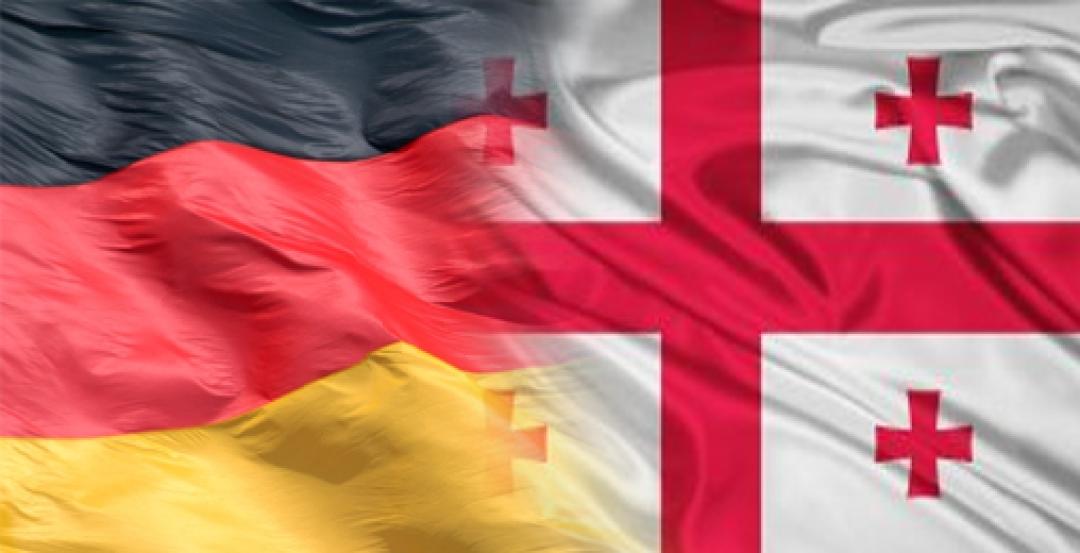
On December 19, the German publication Tagesschau reported that the Georgian authorities had rejected Germany's proposal to expand the Western Balkans regulation, which would facilitate Georgians' access to the German labor market. The article states that this was the first proposal of the special representative of the federal government on migration issues, Joachim Stump, to the Georgian government. The article argued that from Germany's point of view, this was a reasonable step, but for Georgia, this idea turned out to be completely uninteresting.
The Western Balkans Regulation is a German immigration regulation that came into force in 2015 and which allows residents of Albania, Bosnia and Herzegovina, Kosovo, Macedonia, Montenegro, and Serbia to obtain a temporary work visa, provided they have a job offer from a German employer.
Shortly before the article's publication, the Federal Minister of the Interior of Germany, Nancy Faeser, visited Georgia. Within the framework of the visit, she met her Georgian counterpart, Vakhtang Gomelauri. They signed an agreement on migration and mobility between the two countries' governments. According to the information of the Ministry of Internal Affairs of Georgia, "the agreement aims to strengthen the cooperation between Georgia and the Federal Republic of Germany in the direction of labor migration and education; at the same time, educational and internship programs will be implemented with greater intensity for Georgian students and researchers." The agreement also envisages the strengthening of the fight against illegal migration, which implies the strengthening of cooperation in the direction of ensuring the readmission and reintegration of Georgia citizens who violate the visa-free travel regime.
The Ministry of Internal Affairs released a statement about the migration negotiations between Germany and Georgia. It is probably responding to the article of the German publication Tagesschau, according to which Georgia found the offer of the special representative of the German federal government, Joachim Stamp, which considered the Western Balkan model ‘not interesting.’
"Unfortunately, wrong information is being spread in various media, as if the Georgian side refused the so-called Balkan model. We would like to emphasize that the negotiation process was ongoing between Georgia and the German side for a long time, including relevant meetings and visits, on the basis of which the above-mentioned draft agreement was developed, where the so-called Balkan model was not a subject of discussion," said the ministry on December 21.
The Ministry of Internal Affairs explained the agreement "on migration and mobility" between Georgia and the Federal Republic of Germany, signed on December 19. The statement identifies three main directions:
- Strengthening of cooperation in the direction of labor migration and education;
- More intensive implementation of educational and internship programs for Georgian students and researchers;
- Strengthening of the existing mechanisms for combating illegal migration.
The Ministry of Internal Affairs of Georgia also noted that the agreement includes the creation of expert groups. "The agreement is a framework for cooperation between the two countries to additionally create expert groups that will develop further cooperation plans and strategies in the above-mentioned three directions. Within the framework of the mentioned working group, the Georgian side will advocate for all initiatives related to the labor migration of Georgian citizens which are in the best interest of Georgian citizens.Based on the agreement, the area of legal employment of Georgian citizens in the German labor market will be expanded. "In addition to seasonal jobs, more employment opportunities will appear in other areas, such as logistics, transport, and services," the statement says.
See Also


Kobakhidze Meets US Senator Daines to Discuss Bilateral Relations
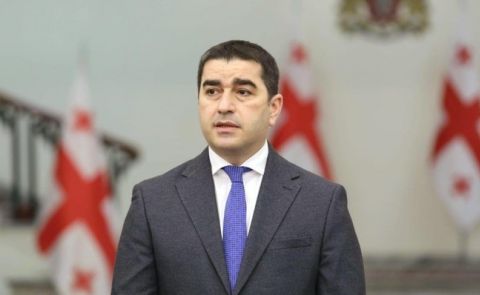
Georgian Speaker Condemns Embassy Travel Warnings as Economic Attack
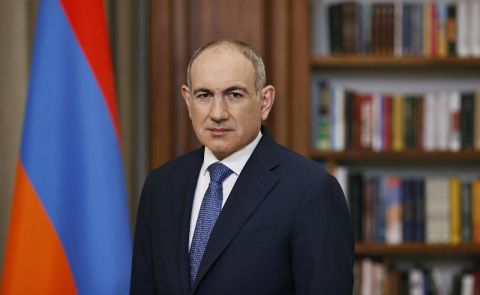
Political Crisis Deepens Between Armenian Government and Apostolic Church After Pashinyan’s Remarks
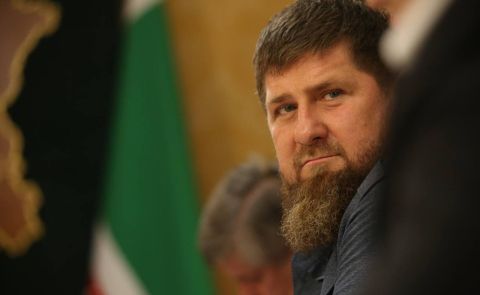
Ramzan Kadyrov Awards Title to Ingush Businessman

